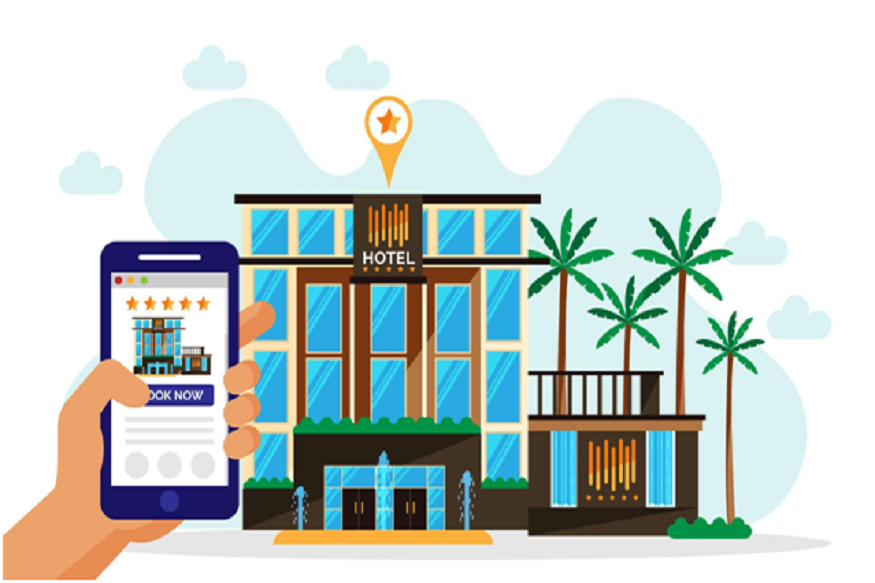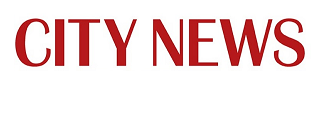
Every booking channel used by a hotel leaves a lasting impact on its revenue, margins, and long-term guest relationship. When relying on Online Travel Agencies (OTAs), hoteliers often face limited control over pricing, branding, and customer data. These limitations become critical when compared with the benefits of direct bookings powered by modern online hotel booking engine software.
Booking engines have evolved into more than just transactional tools. Technically, they now integrate with payment gateways, sync with channel managers, provide real-time availability, and adapt to mobile-first designs. These systems allow hotels to bypass third-party commissions, provide a branded guest experience, and maintain full control over reservations. This isn’t just about functionality—it’s a strategic advantage in a competitive space.
Why Direct Bookings Matter More Than Ever
While OTAs bring exposure, they also dilute brand identity and reduce profitability. The average commission fee cuts into revenue, which becomes a consistent loss over time. In contrast, direct bookings via a best booking engine for hotels allow hoteliers to:
- Keep the full booking amount
- Personalize guest interactions
- Cross-sell services like airport transfers or spa appointments
- Promote seasonal offers or loyalty rewards
This direct control not only reduces cost but also drives lifetime guest value, allowing hotels to design tailored guest journeys from the first click to post-checkout follow-up.
What Booking Engines Actually Do (And Why That Matters)
Many assume a hotel booking engine is simply a plug-in for reservations. In reality, advanced online hotel booking engine software is capable of handling far more:
- Multi-currency and multi-lingual support: Cater to international travelers without complicating the process.
- Mobile-responsive design: Encourage bookings on-the-go with a seamless mobile interface.
- Integration with social media: Drive organic traffic directly to the hotel’s own site rather than a third-party channel.
- Analytics and real-time reporting: Gain clarity on traffic sources, most-searched dates, and booking behaviors.
The impact of these capabilities is strategic. Hoteliers can shift from reactive management to proactive growth—testing pricing models, tailoring content to user segments, and creating exclusive offers that actually convert.
OTAs Still Play a Role—But on the Hotel’s Terms
The purpose of a best booking engine for hotels isn’t to eliminate OTAs entirely but to reduce dependency. OTAs offer visibility and volume, but a balanced channel mix allows hotels to evaluate which channel is producing better returns. A direct booking system enables hotels to:
- Benchmark OTA performance against direct bookings
- Redirect OTA traffic to the brand website using retargeting and loyalty incentives
- Capture direct guest data to build long-term engagement strategies
By shifting some of the bookings away from OTAs and onto their own platforms, hotels can strengthen profitability while still enjoying the demand that OTAs can generate.
Real Use Cases: Applying Booking Engine Features for Business Growth
Let’s explore how specific booking engine features translate into tangible benefits:
- 2-way XML connectivity ensures availability and pricing are updated in real-time across platforms, preventing overbooking and rate discrepancies.
- Tiered pricing and flexible calendar views give guests more options, which leads to higher conversion rates and longer stays.
- Secured payment gateway integrations reduce cart abandonment during checkout.
- Custom themes enable the booking process to match the visual identity of the hotel, reinforcing brand trust.
- Promo code support and loyalty integrations encourage repeat bookings and higher direct traffic.
These aren’t just technical functionalities—they are tools for better marketing, smarter decision-making, and more sustainable business models.
Building Guest Loyalty Through Booking Engine Insights
Direct bookings unlock valuable guest data that OTAs typically withhold. Hotels can use this data to send post-stay surveys, upsell opportunities, personalized email campaigns, and birthday or anniversary discounts. Some online hotel booking engine software even lets hoteliers automate these actions, turning insights into engagement.
This level of personalization deepens brand loyalty and improves online reputation, which in turn encourages more direct bookings. It becomes a positive feedback loop—each direct booking fuels the next.
Revenue Optimization Through Smarter Control
Hoteliers who control their own pricing and promotions can test, optimize, and scale far more efficiently. Booking engines allow for rapid A/B testing of offers, measurement of conversion across countries or devices, and identification of which sources—whether social, metasearch, or email campaigns—bring the most valuable traffic.
Features like flexible pricing models, secured PCI DSS-compliant payments, and channel-based offer targeting allow hotels to build highly adaptable revenue strategies. Rather than being locked into fixed commissions, they can scale and flex based on season, room types, or guest segment.
Conclusion
The shift from OTA-reliance to a balanced strategy isn’t an overnight change—it’s an informed transition. Hotels that adopt intuitive, data-driven, and customizable booking engines position themselves to earn more per guest, build stronger brand recognition, and scale with fewer limitations.
That’s where RateTiger becomes relevant. Designed to meet these exact needs, Rate Tiger’s online hotel booking engine software empowers hotels to take control of their guest journey from the first click to final checkout. With features like real-time reporting, mobile-first design, secured payment integration, and direct communication tools, Rate Tiger helps hotels grow their direct bookings by over 20%. It’s a solution that doesn’t just improve booking—it reshapes the way hoteliers think about guest acquisition and retention.
In a timе whеrе еvеry booking counts, tools likе RatеTigеr offеr morе than convеniеncе—thеy offеr thе kеy to long-tеrm, sustainablе hotеl rеvеnuе.
